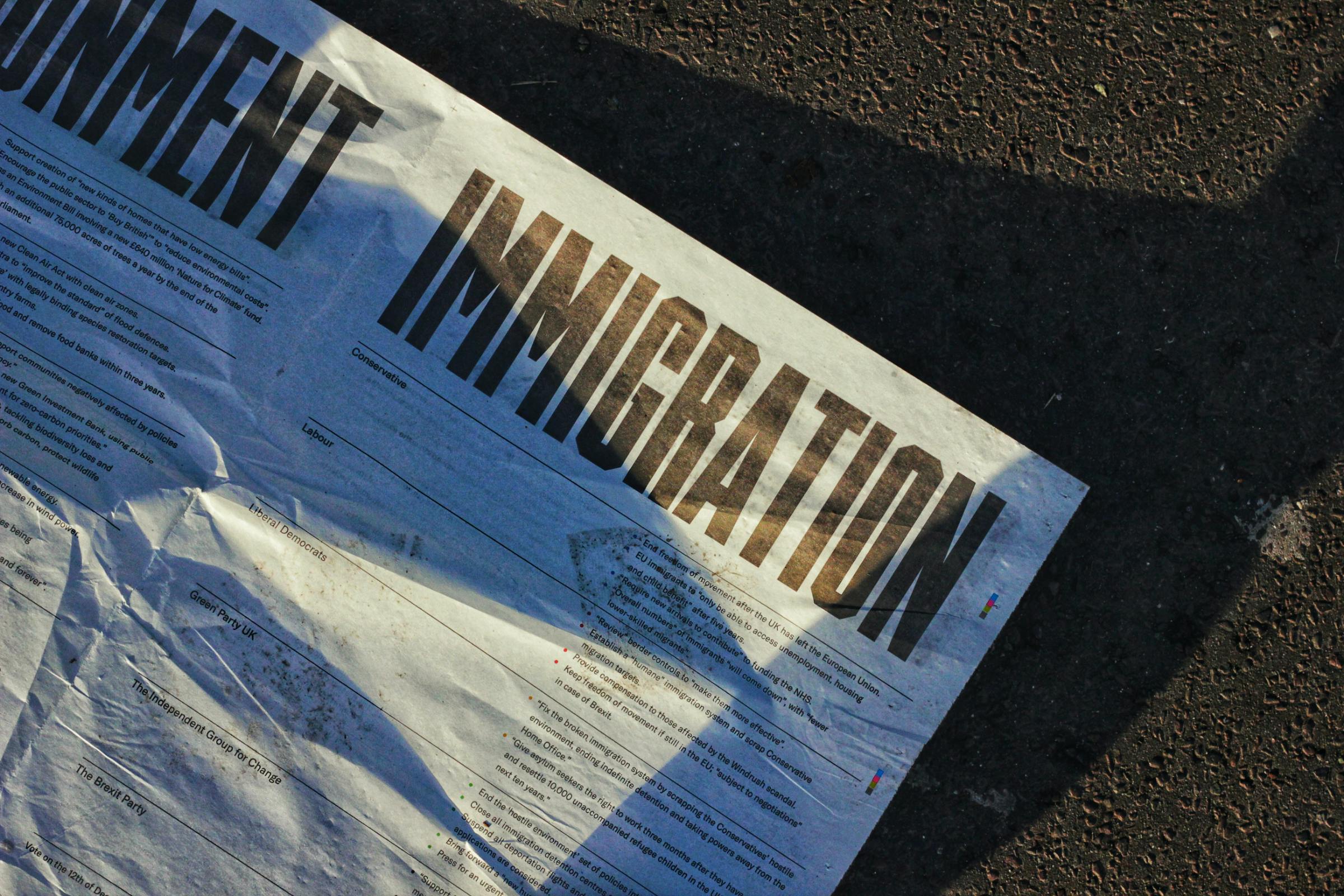United States Citizenship and Immigration Services (USCIS)
Perhaps the most essential branch of the immigration system, USCIS handles applications, petitions, and adjudication for all filers. Because the branch is primarily funded by user fees submitted with each application, it doesn’t depend solely on federal funds. This ensures that USCIS can continue processing applications and petitions on-site without delays unless the form requires certification from another federal agency that is affected by the shutdown, such as the Department of Labor (DOL).
Department of Labor (DOL)
Unlike USCIS, the DOL is not funded by outside sources and does rely on federal funds. It is overseen by the Office of Foreign Labor Certifications (OFLC). These branches are generally closed during a government shutdown and won’t accept or process any forms, including Labor Condition Applications, Applicants for Permanent Employment Certifications, or Prevailing Wage Determinations. Because of this, it’s imperative to watch the status of the DOL if your petition requires any of the above certifications or determinations. You can expect that any deadlines that fall during a shutdown will be extended.
Department of State (DOS)
The Department of State is responsible for consular operations and visa issuance. Whether or not the DOS remains in operation during a government shutdown depends in part on the balance of its reserve funds. Typically, the DOS reduces or halts its operations and limits visa issuance, requiring anyone who may need a new visa stamp during travels to monitor the shutdown closely and potentially cancel their travels.
Customs and Border Protection (CBP)
All Customs and Border Protection officials continue to run as normal. Borders stay open, permitting those with valid visas to leave and return at ports of entry with no issues. Those planning to apply for new benefits at a port of entry or pre-clearance facility may not be permitted.
E-Verify
E-Verify is vital to ensuring a foreign worker’s legal right to employment, but it is inactive during a government shutdown. Should an employer need to verify a worker's eligibility or take other actions, they must do so manually. No employers can take adverse action against an employee due to extended interim status from the shutdown. The government will provide further information on handling situations that are affected due to the shutdown. However, employers must continue to adhere to all I-9 obligations.
What’s Next?
While the ramifications of a government shutdown may be confusing, one thing always stays consistent: Our offices at Visa2US are here for you and will monitor any shutdown situation closely, sharing our knowledge with our readers. For questions or concerns, please contact our professional attorneys at Visa2US day or night.














